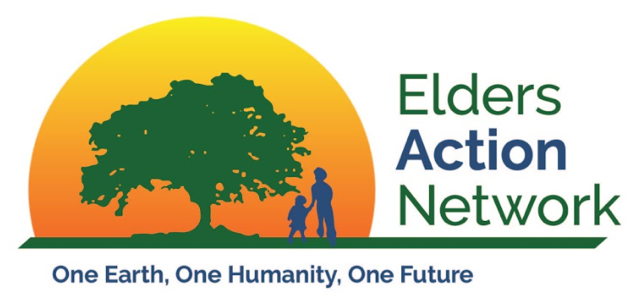 As Nicholas Kristof writes; Imagine that no one had shot that video of George Floyd being killed by the police in Minneapolis. There would have been a bland statement that he had died resisting arrest, and none of us would have heard of him. (New York Times, June 7, 2020) That encounter, exposed by a video that went viral – made us all witnesses to the horror and brutality of that moment.
As Nicholas Kristof writes; Imagine that no one had shot that video of George Floyd being killed by the police in Minneapolis. There would have been a bland statement that he had died resisting arrest, and none of us would have heard of him. (New York Times, June 7, 2020) That encounter, exposed by a video that went viral – made us all witnesses to the horror and brutality of that moment.
Within my many years of life experience I have heard those “bland” statements and, I have also known that militant policing is a part of the systematic oppression of Black people. Why have I not responded with the moral force of my years – even when I learned that Black people are incarcerated at 6 times the rate of White people? I don’t have an answer.
There are no videos to show that:
- black children are often systematically shunted to second-rate schools and futures;
- marijuana use is equal between Black and White people, yet Black people are four times more likely to be arrested;
- Black people are dying from the Covid-19 at more than twice the rate of White people;
- as of last month, fewer than half of African-American adults now have a job.
If this isn’t racism – what is?
Now that the tip of this racial iceberg has been exposed it is incumbent upon all of us to name and acknowledge the systemic racism that impacts Black and Brown people’s lives on a daily basis.
As Elders we must raise our voice against racism, police brutality and voter suppression and speak up for upholding our democracy — knowing that there can be no peace in our nation until we create equal opportunities for all.
Not that we know, here are some ideas from Ali Michaels, PhD, from her essay, What Can White People Do?
- Take time to feel it. Learn the names and stories of those who have died – Ahmaud Arbery, George Floyd, Breonna Taylor. White people tend to “learn” about racism – but if we can feel racism and be moved by it, we often will know what to do.
- Acknowledge your grief within your sphere of influence. Make space with your friends to talk about what has happened. Even if we do not know what to say, it is crucial to acknowledge that this is happening. Consider how you might say something publicly, donate money, or join a campaign against racism.
- Then, do you own work. Look at and recognize your own fears and biases about Black people We have all been conditioned by the media, by our culture to not trust Black people.
- Remember that those in the streets are protesting a broken system. Our democracy is not working now and Black and Brown people are feeling it the most. They are the canaries in the coal mine asking all of us to wake up and pay attention to a system that kills its own citizens. They are grieving and fighting for our democracy.
We are in the midst of a revolution – one that can bring forth the thriving and just future we want for all people – and, we must do our part.
Learn more, talk with your friends, find ways to get involved — but don’t just sit back and ignore the world around us. This is our legacy. What do you want it to be?
– Edited and written by Lynne Iser
What Can You Do?
- JOIN Elders Stand for Fair Elections, defend voting rights for all
- SPEAK UP to fund local community services, and decrease funding for police
- LEARN MORE: Read Nicholas Kristof and Ali Michaels, watch Racism Is Real
- GOOGLE: Black Lives Matter, Showing Up for Racial Justice, and campaigns to defund the police
- DONATE: Here’s Where You Can Donate to Help Protests Against Police Brutality, Rolling Stone
